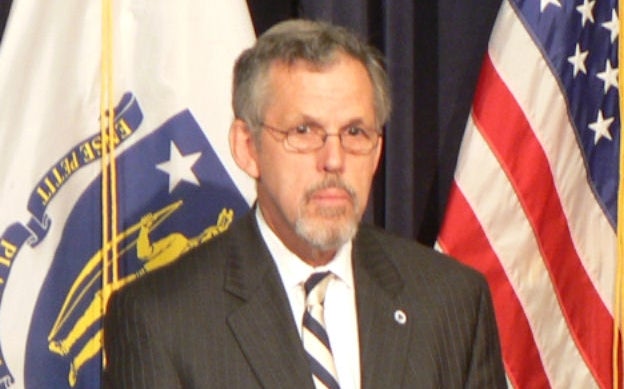Government leaders in the United States no longer prioritize funding higher education at levels needed to keep colleges solvent and competitive with overseas options, Massachusetts education leaders said in a Worcester Business Journal webinar Tuesday.
That stance comes as colleges in Central Massachusetts and far beyond face a potential major financial reckoning with the coronavirus pandemic and a sharp economic drop, along with uncertainty for how the coming academic year will play out safely. Colleges have spent the summer figuring out how to set up classrooms, dormitories and other places for proper spacing, and helping faculty learn how to teach online.
In some cases, plans have been scrapped just weeks before the fall semester is set to begin, including at College of the Holy Cross in Worcester, which said Monday it will hold classes this fall online, after initially planning to have students on campus.
Paul Reville, the state’s former secretary of education, predicted what he called a winnowing of institutions, with some colleges not able to survive in what are predicted to be challenging times ahead.
“This kind of pressure that this crisis brings out in any institution, from a family to a business organization, and including an institution of higher education, this kind of stressful pressure will bring out the weakness, and in general disadvantages those that have any kind of vulnerability in this moment,” Reville said in the webinar.
Reville, now a professor at the Harvard Graduate School of Education, directed his ire squarely at public officials who could help colleges survive — and to better educate their students — if they prioritized it enough.
“This crisis has put on vivid display some of the gross inequities that characterize our systems of education,” he said, referring to both colleges and K-12 public school systems. But Reville also sees a chance at fixing the problem now that it’s more clearly in the light.
“We do have a moment of opportunity with this increased awareness to make some changes that might transform this system into something more equitable and more effective at what it’s set out to do, which is to realize the full potential of young people in this country,” he said.
Other advanced countries are investing more in educating a next generation of workers.
“We’re not doing that in this country at the rate we should be,” Reville said.
Reville, who served in the Gov. Deval Patrick Administration, celebrated the fact a mainstream candidate for president, Democrat Bernie Sanders, advocated for free higher education for all. But he lamented there’s no appetite among national leadership for that to actually happen.
“It’s unrealistic under current circumstances,” he said.
Local college presidents who joined Reville on the webinar — the heads of Nichols College in Dudley, Quinsigamond Community College in Worcester and Worcester State University — echoed Reville’s sentiments, advocating for their roles in educating the workforce and helping students earn salaries to support a comfortable lifestyle.
Susan Engelkemeyer, the Nichols president, urged better support for lower-income families and pitched dual-enrollment programs she said can blur the line between high school and college.
Even putting aside any debate over whether a college education could be considered an entitlement, QCC President Luis Pedraja said, a college degree is necessary for many workers to be part of a skilled workforce.
“It’s essential to economic development,” he said.
At Worcester State, half of students are the first generation in the family to go to college, President Barry Maloney said. That can often require better support on campus to supplement what can be less of a support network at home.
“They’re feeling their way into higher education at a different rate and a different fashion,” Maloney said.

